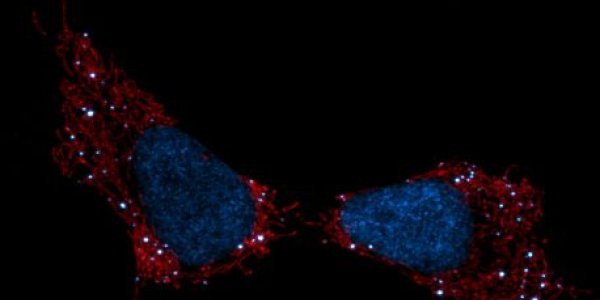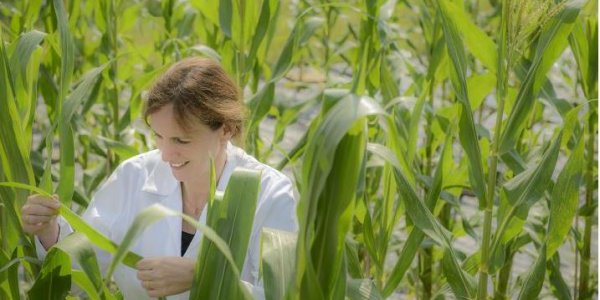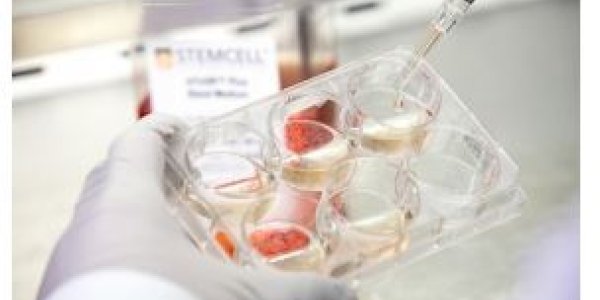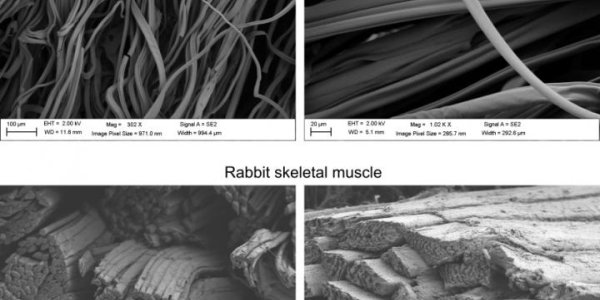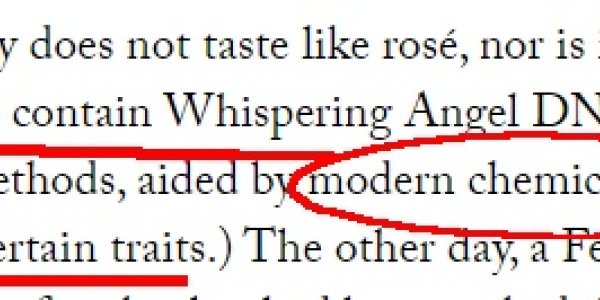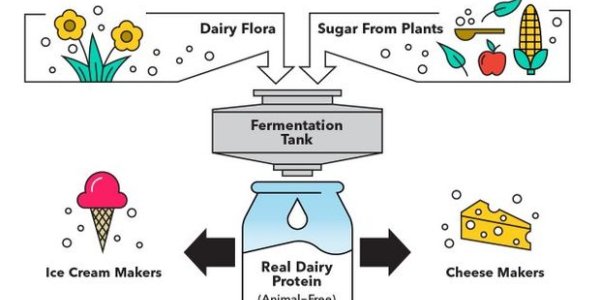Mitochondria Send Out Cellular Distress Signals When DNA Are Damaged, Like In Chemotherapy
Mitochondria, the energy factories in most of our cells that convert the fat, carbohydrates, and protein we eat into a common energy currency used by our bodies, also set off molecular alarms when…
